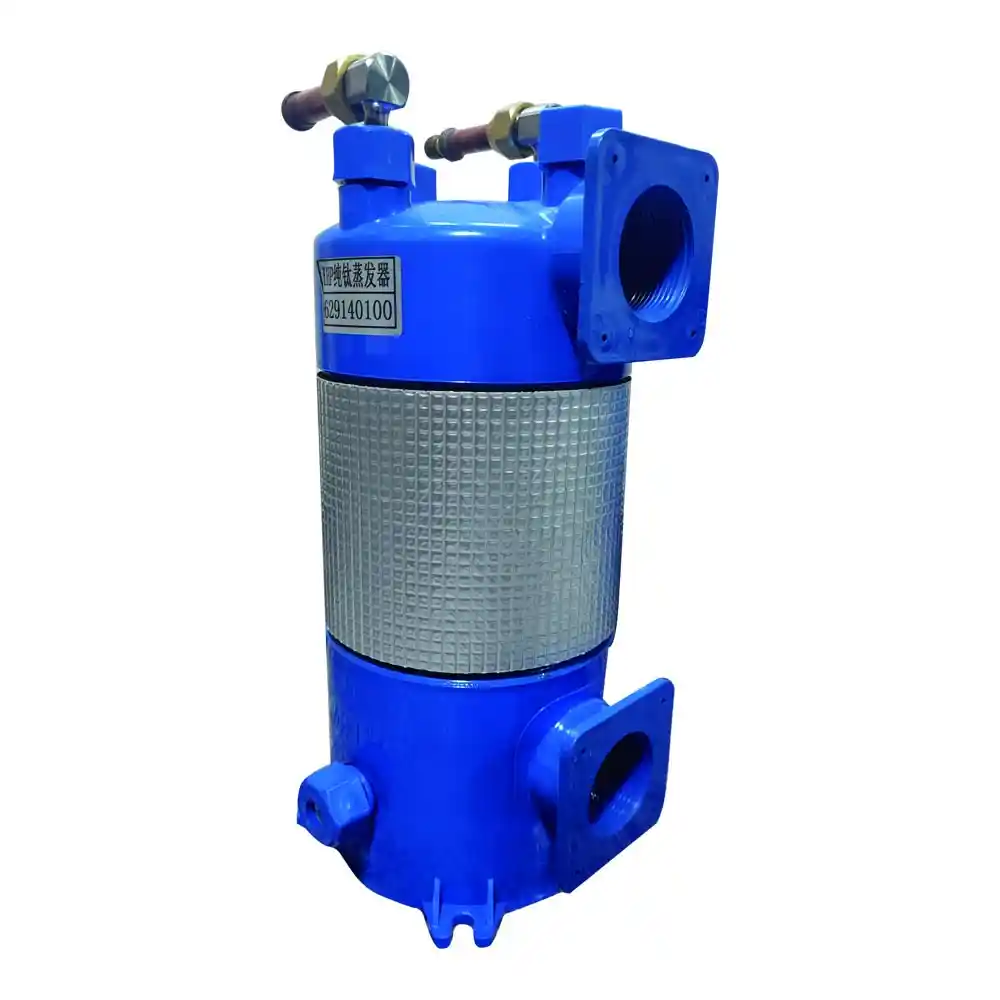Introduction
Coaxial heat exchangers with titanium coils and PVC blue shells are widely used in HVAC (Heating, Ventilation, and Air Conditioning) systems. This article explores the various applications of coaxial heat exchangers in HVAC systems and highlights their benefits and advantages.
1. Heating Applications
Coaxial heat exchangers find extensive use in heating applications within HVAC systems. They are employed in the following areas:
1.1. Water Heating
- Coaxial heat exchangers efficiently transfer heat between two fluid streams, making them ideal for water heating applications.
- They are commonly used in residential and commercial hot water systems, including boilers, water heaters, and solar thermal systems.
1.2. Radiant Heating
- Coaxial heat exchangers are utilized in radiant heating systems, where hot water or steam is circulated through pipes installed in floors, walls, or ceilings to provide consistent and comfortable heat.
- These heat exchangers ensure efficient heat transfer and enable precise temperature control in different zones or rooms.
2. Cooling Applications
Coaxial heat exchangers also play a crucial role in cooling applications within HVAC systems. They are applied in the following areas:
2.1. Air Conditioning
- Coaxial heat exchangers are commonly used in air conditioning systems, particularly in heat pump systems.
- They facilitate the transfer of heat between the refrigerant and the surrounding air, ensuring efficient cooling and dehumidification.
2.2. Chilled Water Systems
- Coaxial heat exchangers are utilized in chilled water systems to cool the circulating water.
- These systems are commonly employed in commercial buildings, data centers, and industrial processes to provide cooling for air handling units, computer rooms, and various equipment.
3. Advantages of Coaxial Heat Exchangers in HVAC Systems
Coaxial heat exchangers offer several advantages in HVAC applications, including:
- Compact Design: The coaxial configuration allows for a compact design, making them suitable for installations with space constraints.
- Efficient Heat Transfer: The design of coaxial heat exchangers ensures efficient heat transfer, resulting in improved system performance and energy efficiency.
- Corrosion Resistance: The use of titanium coils and PVC blue shells provides excellent corrosion resistance, prolonging the lifespan of the heat exchangers in HVAC systems.
- Easy Maintenance: Coaxial heat exchangers are relatively easy to maintain and clean, contributing to the longevity and reliability of the HVAC systems.
- Versatility: Coaxial heat exchangers can accommodate various fluid types and operating conditions, making them versatile for different HVAC applications.
Table 1: Applications of Coaxial Heat Exchangers in HVAC Systems
| Solicitud | Descripción |
|---|---|
| Water Heating | Used in boilers, water heaters, and solar thermal systems |
| Radiant Heating | Employed in radiant heating systems for consistent heat |
| Air Conditioning | Essential for heat transfer in air conditioning systems |
| Chilled Water Systems | Provide cooling for commercial buildings and data centers |
Conclusion
Coaxial heat exchangers with titanium coils and PVC blue shells offer numerous benefits in HVAC systems. From water heating to cooling applications, their compact design, efficient heat transfer, corrosion resistance, and versatility make them a reliable choice for HVAC professionals. Incorporating coaxial heat exchangers can enhance the performance and energy efficiency of HVAC systems while ensuring comfort and reliability for various applications.
Note: The table and content in this article are for illustrative purposes only and can be further expanded or customized based on specific HVAC applications and requirements.


